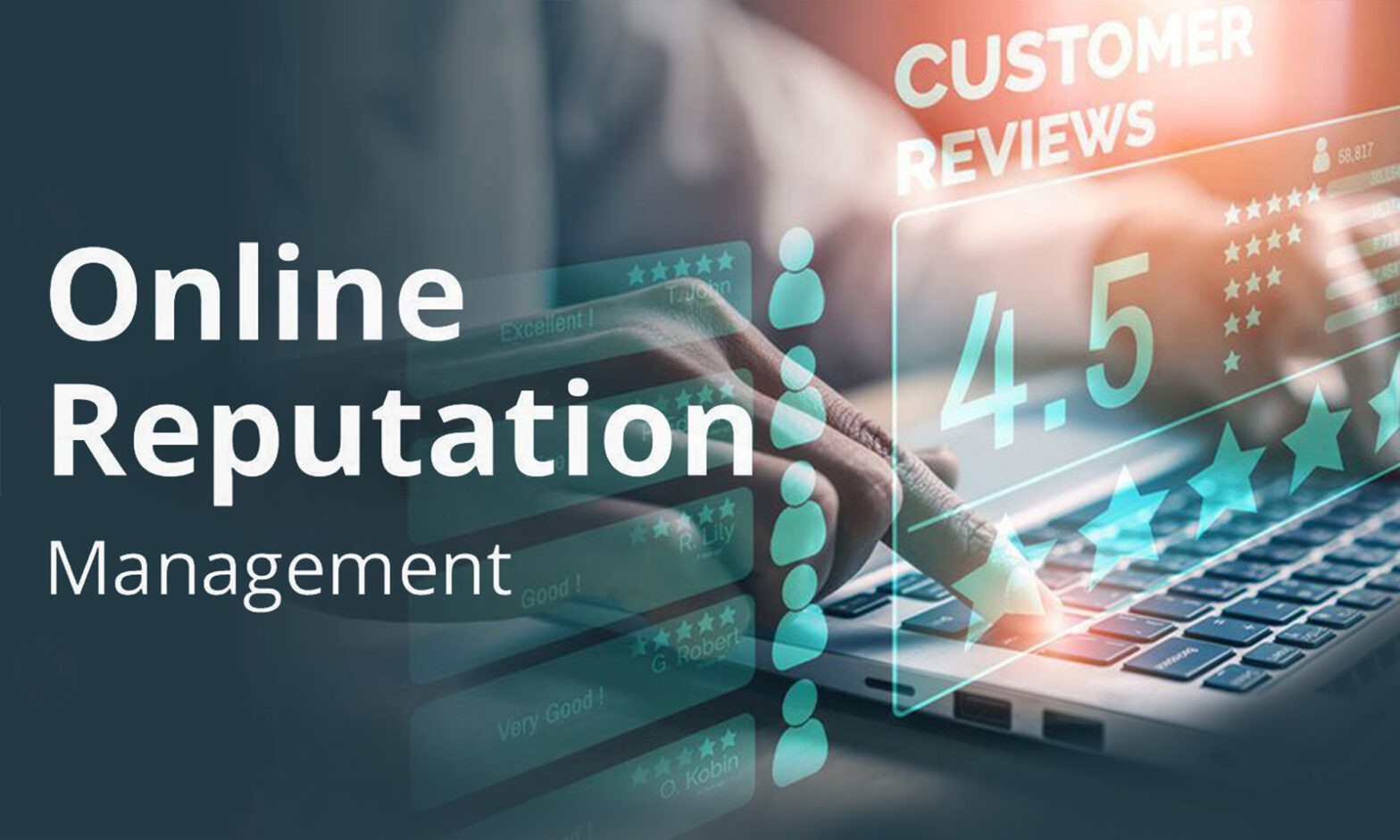In today’s digital age, a company’s online reputation can make or break its success. With the rapid growth of the internet and social media, information about brands and individuals spreads at lightning speed. This makes online reputation management (ORM) a critical aspect of any business or personal branding strategy.
Understanding the Importance of a Positive Online Reputation Management

Your online reputation is the perception that others have of your brand when they search for it online. A positive reputation builds trust, credibility, and customer loyalty. On the other hand, negative reviews and damaging content can lead to lost opportunities and a tarnished image.
Common Challenges Faced in Online Reputation Management
Managing an online reputation comes with its challenges. Dealing with negative feedback, combating false information, and handling online crises are some of the hurdles businesses face. It requires a proactive and strategic approach to mitigate these issues effectively.
Building a Solid Online Reputation Strategy
To develop a robust ORM strategy, companies must employ various tactics to showcase their brand positively and engage with their audience.
1. Utilizing Social Media Platforms
Social media plays a pivotal role in shaping perceptions. Engaging content, responsive communication, and community management are essential for maintaining a positive brand image.
2. Managing Online Reviews and Testimonials
Customer reviews hold significant weight in the online world. Encouraging satisfied customers to leave reviews and addressing negative reviews constructively can enhance your reputation.
3. Monitoring Brand Mentions and Keywords
Staying vigilant about mentions of your brand and relevant keywords helps you respond promptly to any emerging issues or opportunities.
Responding to Negative Reviews and Feedback
Negative feedback is inevitable, but the way you handle it can turn the situation around.
1. Turning Negative Experiences into Positive Ones
Respond to negative reviews with empathy and a willingness to address concerns. Offer solutions and make amends to show that you value customer satisfaction.
2. Addressing Customer Complaints Professionally
Avoid being defensive in your responses and instead, maintain a professional tone. Taking conversations offline and resolving issues privately shows a commitment to customer care.
Leveraging Content Marketing for Reputation Enhancement
Content marketing can significantly impact your online reputation and visibility.
1. Creating Engaging and Shareable Content
Producing high-quality content that resonates with your audience encourages sharing, which can boost your brand’s exposure.
2. Guest Blogging and Influencer Partnerships
Collaborating with influencers and guest blogging on reputable platforms helps expand your reach and establish credibility.
Proactive Crisis Management for Reputation Protection
A well-prepared crisis management plan is essential for safeguarding your brand during challenging times.
1. Developing a Crisis Communication Plan
Identify potential crises and create a communication plan that outlines your responses and action steps.
2. Handling PR Disasters Gracefully
Transparency and swift action are vital during a crisis. Address the issue honestly and take responsibility for any mistakes.
The Role of SEO in Online Reputation Management
Search engine optimization (SEO) plays a vital role in shaping your online reputation.
1. Optimizing Positive Content for Search Engines
Ensure that positive and relevant content appears at the top of search results, pushing down any negative content.
2. Pushing Down Negative Search Results
Through SEO techniques, it’s possible to minimize the visibility of negative content.
Utilizing Online Reputation Management Tools and Services
Several tools and services are available to assist you in managing your online reputation.
1. Monitoring and Tracking Tools
Use tools that track mentions, reviews, and sentiments about your brand across the internet.
2. Reputation Repair Services
In severe cases, reputation repair services can aid in removing harmful content from the web.
Measuring the Effectiveness of Your ORM Efforts
To gauge the success of your ORM efforts, monitor key performance indicators (KPIs).
1. Key Performance Indicators (KPIs) for ORM
KPIs may include positive review rates, sentiment analysis, and changes in search engine rankings.
2. Adapting and Improving the Strategy
Continuously analyze data and customer feedback to refine and strengthen your ORM strategy.
The Power of Customer Testimonials and Case Studies
Customer testimonials and case studies provide social proof and build trust.
1. Encouraging Customer Feedback and Testimonials
Request feedback and testimonials from satisfied customers to showcase your brand’s credibility.
2. Showcasing Success Stories through Case Studies
Highlight successful projects or experiences through in-depth case studies.
Importance of Transparency and Authenticity in ORM
Honesty and transparency are fundamental in cultivating a positive reputation.
1. Building Trust with Transparency
Be open about your brand values, practices, and policies.
2. Being Genuine in Brand Communication
Authentic communication helps foster a connection with your audience.
Integrating ORM with Overall Digital Marketing Strategy
ORM should be integrated with other digital marketing efforts to maintain a consistent brand image.
1. Aligning ORM with SEO, Social Media, and Content Marketing
Consistent messaging across platforms reinforces your brand’s identity.
2. Creating a Consistent Brand Image Online
Ensure that your brand’s online persona aligns with its offline reputation.
Future Trends
As technology evolves, so will ORM strategies.
1. Anticipating Trends and Challenges
Stay ahead by monitoring emerging trends and preparing for potential challenges.
2. Embracing Innovation for Reputation Excellence
Adopt innovative technologies and approaches to enhance your ORM efforts.
Conclusion
In today’s digital landscape, online reputation management has become a critical aspect of building and protecting a brand’s image. By implementing a proactive and strategic approach, businesses can foster a positive reputation, build trust with customers, and turn negative experiences into opportunities for growth. Embracing transparency, authenticity, and innovation will ensure that your online reputation remains strong and resilient in the face of challenges.
If you’re ready to take control of your online reputation and ensure a positive brand image, don’t hesitate to request a demo from AIM Technologies. Our state-of-the-art reputation management tools and services can help you monitor, manage, and enhance your online presence. Get started today and see the difference it can make for your business.
FAQs
Why is online reputation management essential for businesses?
- Online reputation directly impacts customer trust and buying decisions. A positive reputation can lead to increased sales and growth.
How can businesses respond to negative reviews effectively?
- Businesses should respond with empathy, address concerns professionally, and take conversations offline when necessary.
What role does content marketing play in ORM?
- Content marketing helps in creating a positive brand image and engages with the target audience.
Why is transparency crucial in ORM?
- Transparency builds trust with customers and helps businesses maintain a positive reputation.
How can I measure the success of my ORM efforts?
- Key performance indicators like positive review rates and sentiment analysis can help measure ORM effectiveness.




